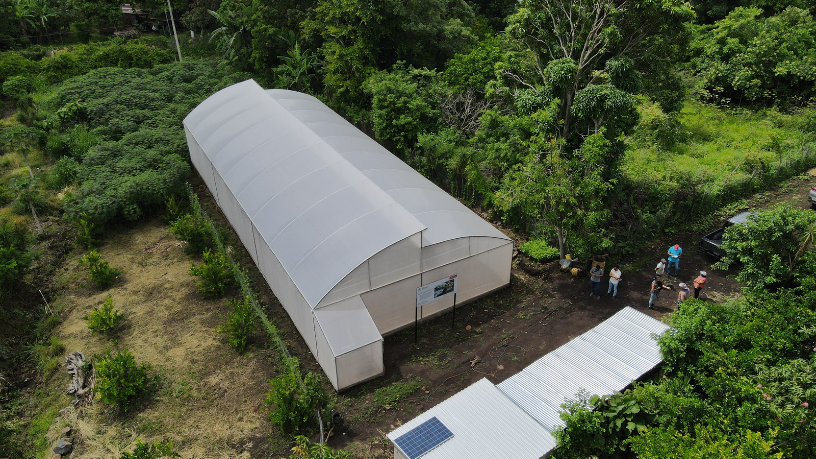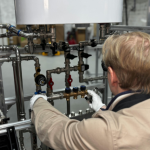In recent years, the agroecological production model has gained increasing traction in Brazil, driven by the demand for healthy food, sustainable practices, and respect for the environment. According to entrepreneur Aldo Vendramin, one of the main factors enabling this transformation is the rise of cooperatives focused on agroecology, which bring together small and medium-sized producers around a common goal: to farm responsibly and preserve natural resources for future generations.
These cooperatives promote farmers’ autonomy, strengthen local production and distribution networks, and encourage the appreciation of traditional knowledge combined with innovation. By organizing producers into collaborative systems, they provide access to differentiated markets, credit lines, and certifications, making agroecology a viable alternative from an economic, social, and environmental standpoint.
Cooperatives Focused on Agroecology and Their Expansion in the Brazilian Countryside
The advancement of agroecological cooperatives is evident in various regions of the country. These organizations not only increase the production of organic and agroecological foods but also promote sustainable rural development through social inclusion and solidarity-based economics. Many of them arise from popular movements, producers’ associations, or public policies aimed at family farming.

According to Aldo Vendramin, these cooperatives are essential for the professionalization of small farmers, as they offer technical training, continuous assistance, and access to institutional markets, such as the National School Feeding Program (PNAE). Moreover, they serve as spaces for exchanging experiences, strengthening communities, and promoting gender equality, with broad participation from women and young rural workers.
Economic and Social Impacts of Agroecological Cooperatives
Agroecological cooperatives have contributed to income generation in the countryside in an inclusive and sustainable manner. By prioritizing diversified cultivation, rational use of resources, and local production, they reduce dependence on chemical inputs and large distribution chains. This results in higher profit margins for producers and healthier food for the population.
As Aldo Vendramin emphasizes, another important benefit is the connection of these cooperatives with conscious consumer networks, organic fairs, and short distribution channels. This direct link between the countryside and the city strengthens trust in the product, values the farmers’ work, and encourages more sustainable consumption habits. Thus, the cooperatives function as bridges between rural and urban areas, promoting significant cultural transformations.
Sustainability and Innovation as Pillars of Growth
Sustainability is at the heart of agroecology, but cooperatives have also invested heavily in innovation. New production, management, and marketing technologies are being gradually incorporated, with respect for agroecological principles. The use of apps for production tracking, digital platforms for direct sales, and regenerative practices have expanded the reach and efficiency of these organizations.
@aldovendramin Segurança no trânsito: O papel dos radares e lombadas eletrônicas com Aldo Vendramin[ Essenciais para o armazenamento e conservação da produção agrícola, os silos desempenham um papel estratégico no agronegócio. Aldo Vendramin explica como essas estruturas impactam a logística, a qualidade dos grãos e a competitividade do setor. Descubra por que os silos são o verdadeiro coração do campo com Aldo Vendramin! #AldoVendramin #QuemÉAldoVendramin #OQueAconteceuComAldoVendramin #EmpresárioAldoVendramin #DonoDaConsilux #ConsiluxTecnologia
Aldo Vendramin’s experience reinforces that the success of these cooperatives depends on a combination of tradition and modernity. While they keep the ancestral wisdom of ecological-based agriculture alive, they embrace the use of modern tools to optimize processes, access markets, and ensure greater competitiveness. This combination is what makes the model resilient in the face of current agricultural challenges.
Perspectives for the Future of Cooperative Agroecology
The growth of cooperatives focused on agroecology points to a new paradigm in food production in Brazil. With institutional support, consistent public policies, and greater societal engagement, these initiatives can expand their impact, contributing to food security, reducing inequalities, and preserving the environment.
Strengthening this model requires continuous investment in training, infrastructure, and communication, as well as recognizing the strategic role of these cooperatives in building a more just and balanced food system. By combining sustainability, cooperation, and social commitment, cooperative agroecology solidifies itself as a concrete response to the challenges of the 21st century.
Author: Eura Tymal







